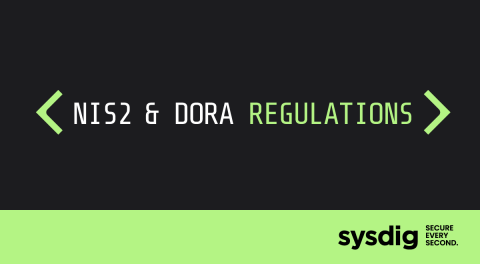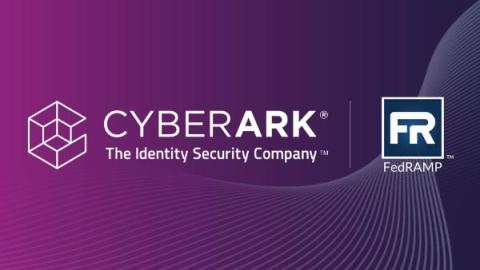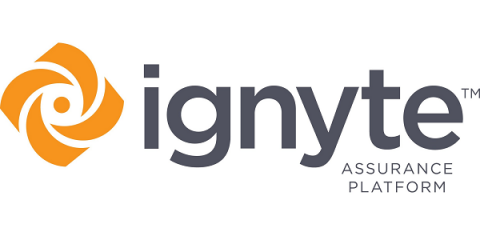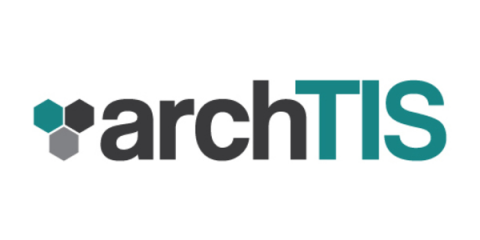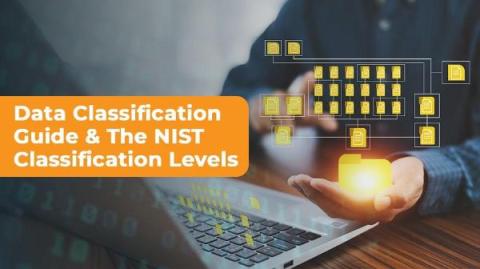The First CNAPP with Out-of-the-Box NIS2 and DORA Compliance
In an era where cloud attacks and threats are happening very fast and constantly evolving, the European Union (EU) has stepped up its cybersecurity game with two new regulations: the Digital Operational Resilience Act (DORA) and the revised Directive on Security of Network and Information Systems (NIS2). With more strict requirements on compliance controls and breach disclosures, these regulations are set to transform how businesses manage their cyber risks in Europe.


